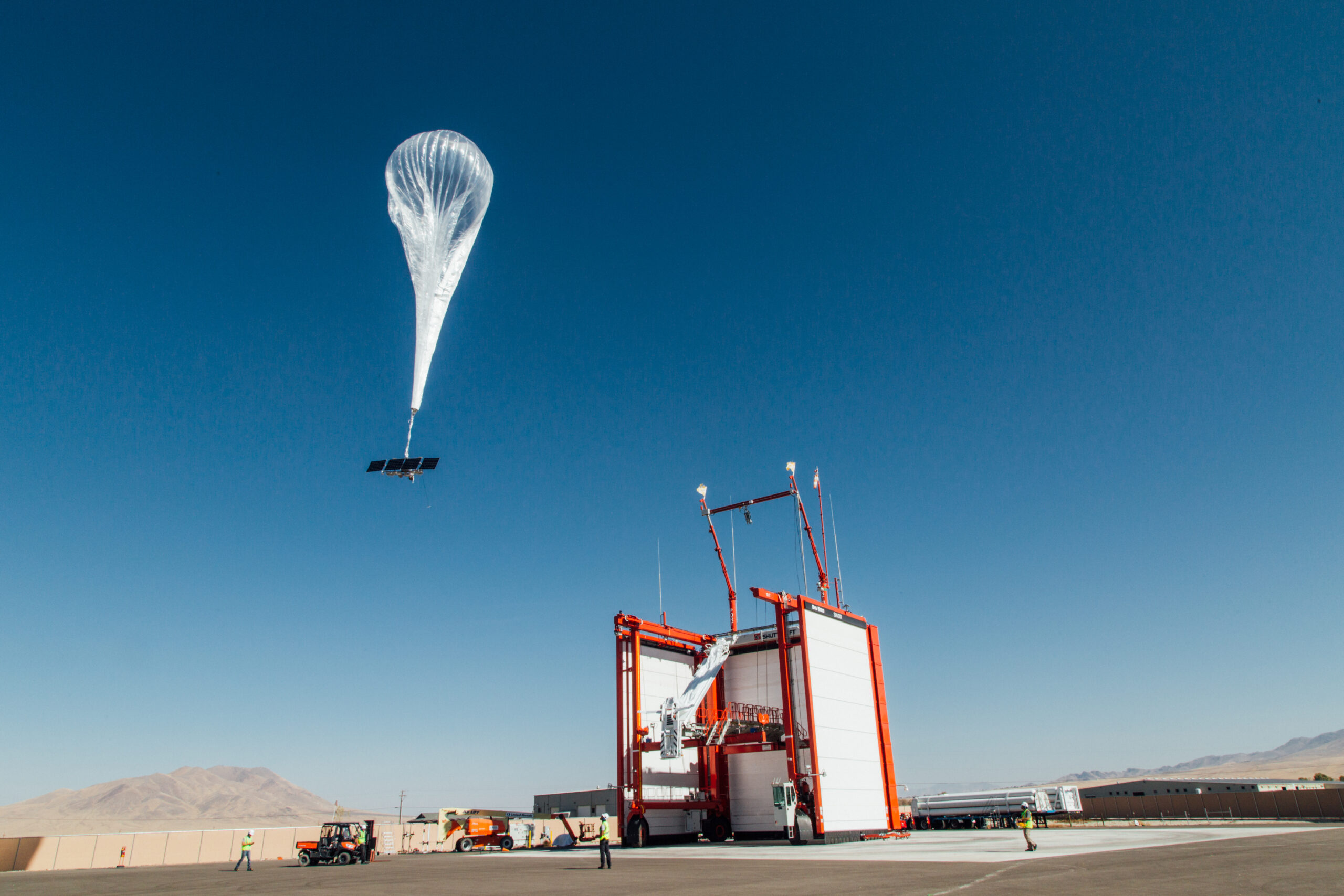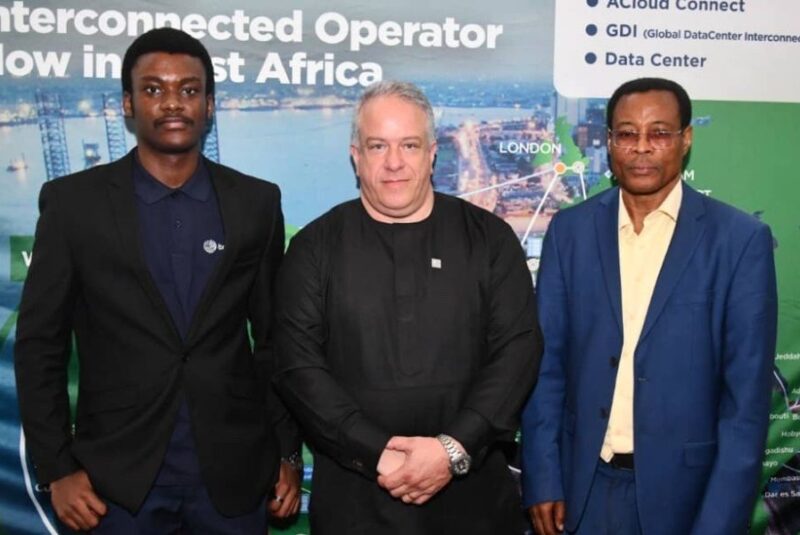Loon has started 9 years ago with the target to bring affordable internet to the next billion, targeting rural areas all over the world, by launching balloons into the sky.
In March 2019, the company received formal permission to operate their balloons in Kenya and started their operation in Mid-2019 in close cooperation with Telkom.
“We talk a lot about connecting the next billion users, but the reality is Loon has been chasing the hardest problem of all in connectivity — the last billion users: The communities in areas too difficult or remote to reach, or the areas where delivering service with existing technologies is just too expensive for everyday people.”
Alastair Westgarth, CEO of Loon
In addition to the launch in Kenya, Loon announced a partnership with Vodacom in Mozambique last year. Using the Loon solution, Vodacom wanted to expand mobile network access to Cabo Delgado and Niassa provinces, two regions that have proven hard to cover in the past due to the vast and logistically challenging geographical areas, together with low population density.
“While we’ve found a number of willing partners along the way, we haven’t found a way to get the costs low enough to build a long-term, sustainable business. Developing radical new technology is inherently risky, but that doesn’t make breaking this news any easier. Today, I’m sad to share that Loon will be winding down.”
Alastair Westgarth, CEO of Loon
In the blog post, Alastair Westgarth, CEO of Loon, looks back on the achievements, the company has made. Working side-by-side with governments and global aviation and communications regulators to showcase and enable these new technologies, the Loon team found ways to safely fly a lighter-than-air vehicle for hundreds of days in the stratosphere to anywhere in the world. Loon built a system for quickly and reliably launching a vehicle size of a tennis court, and they built a global supply chain for an entirely new technology and business. The company also scaled up its communications equipment from technology that could have been made in a college dorm room (literally: WiFi routers inside styrofoam beer coolers), to a communications system capable of delivering mobile internet coverage over an 11,000 square kilometer area — 200x that of an average cell tower.











